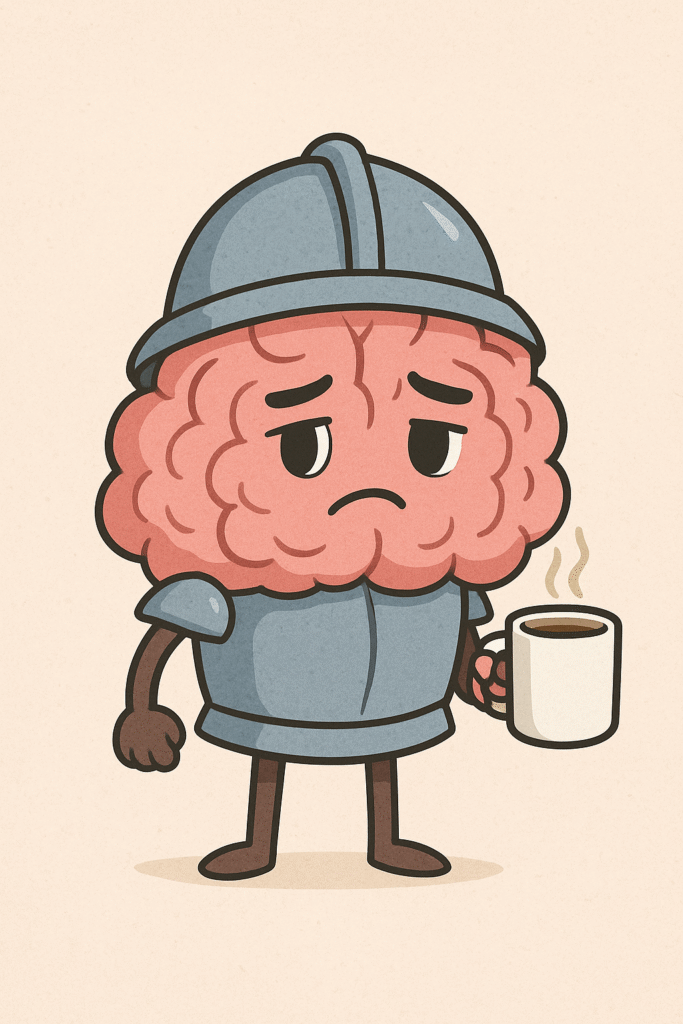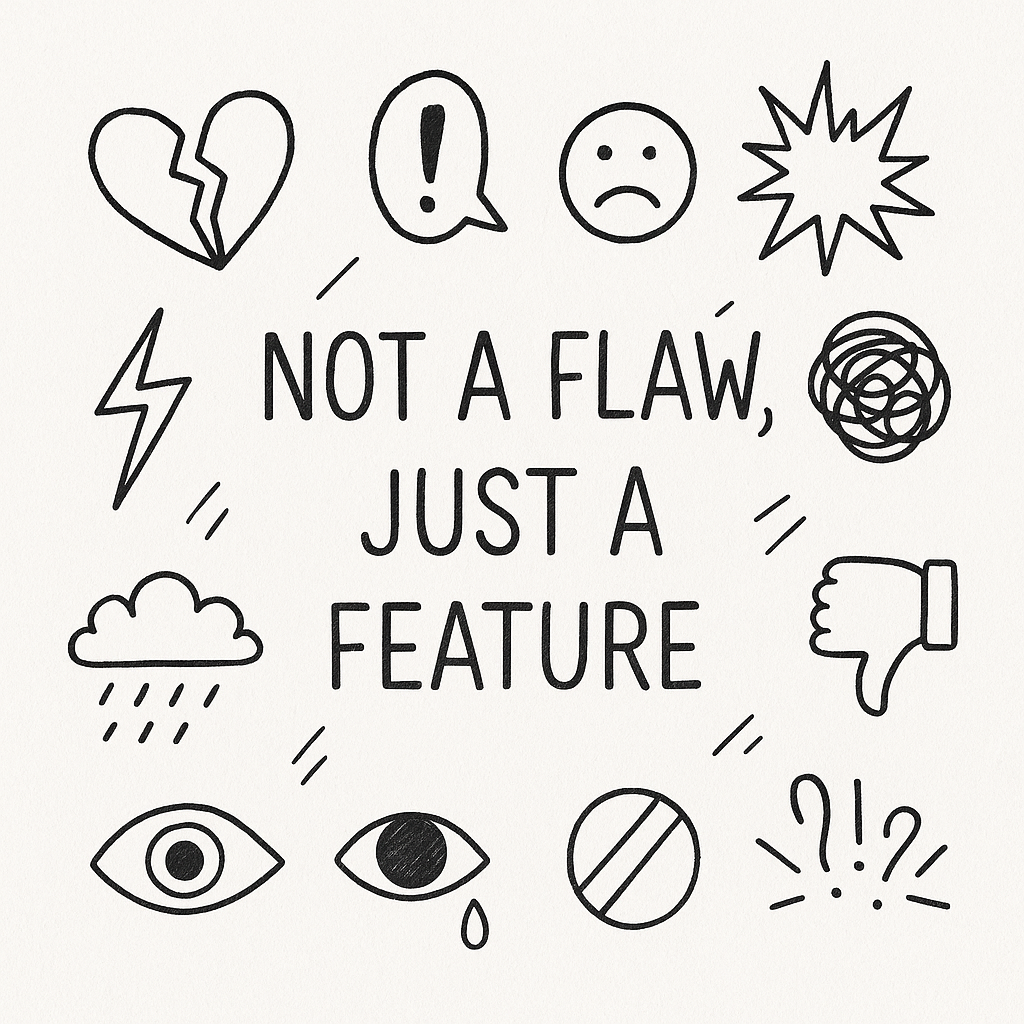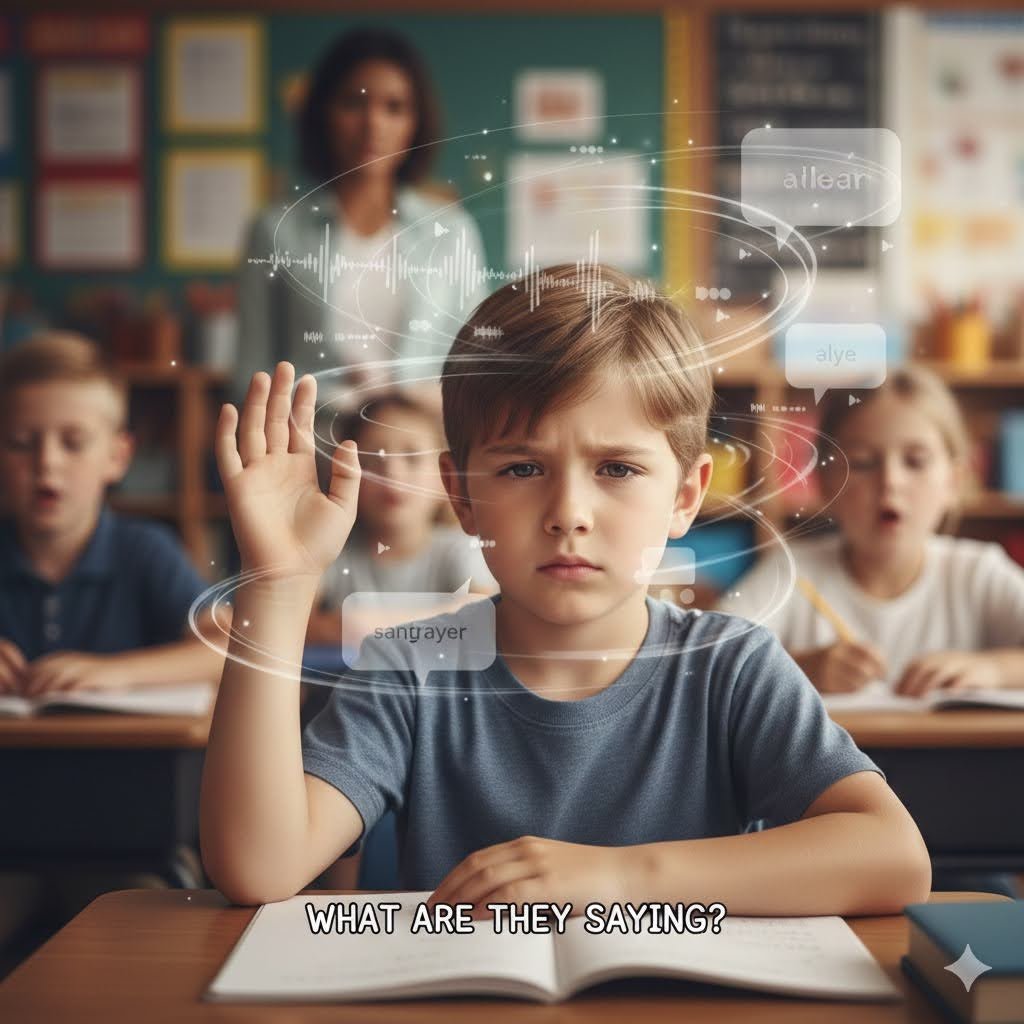Some people can let things roll off their back like water on a duck. Others, like me – are more like a sponge in a puddle. If you so much as flick a comment in our direction, we’ll soak it up, carry it around, and possibly replay it in our heads during a 2 am shower three days later.
I’ve been called “the sensitive one” for as long as I can remember. Friends said it with a laugh. Teachers said it with a sigh. Family… well, they just avoided sarcasm unless they wanted tears at the dinner table. For decades, I’d beat myself up about this tendency. I wasn’t just sad about what people said, I was angry at myself for being sad in the first place.
It wasn’t until I started unpicking my own neurodivergence that I realised: this wasn’t a quirky personality flaw, it was part of my ADHD wiring. And while that knowledge doesn’t magically thicken my skin, it’s freed me from the shame of “why am I like this?”
Still, there are moments I’d love to be one of those people who can hear, “You might want to rethink this idea” and not interpret it as, “You have failed at life and should hide under a duvet until further notice.”
So, if you’re also on Team Easily Wounded, let’s figure out why ADHD brains can make us take things personally, and how we can navigate it without losing our empathy along the way.
The Lifelong “Too Sensitive” Label
I think most of us can remember our first brush with the “sensitive” tag. Maybe it was a teacher who rolled their eyes at your reaction to a bad grade. Maybe it was a sibling who called you dramatic. Either way, the message was clear: you were reacting “too much.”
Over time, that label sticks. It’s like a nickname you never chose. Worse, you start to internalise it as truth, and every strong feeling becomes a sign you’re somehow defective.
What I didn’t know then was that many ADHDers experience Rejection Sensitive Dysphoria (RSD), a pattern of intense emotional responses to perceived criticism or rejection. And I say “perceived” because the comment doesn’t even have to be intended that way. A raised eyebrow will do the job.
The ADHD Brain And Rejection Sensitivity
Let’s get a tiny bit science-y here. ADHD brains often have differences in emotional regulation due to the way dopamine and norepinephrine function. These are neurotransmitters involved in mood, motivation, and yes, how much a casual remark can feel like a dagger to the chest.
Here’s something you won’t find on most ADHD blogs: researchers have found that people with ADHD show stronger activity in the amygdala, the part of the brain linked to emotional intensity, when faced with social rejection cues. This isn’t overreacting, it’s literally your brain turning the emotional volume up.
RSD isn’t officially in the diagnostic manuals, but it’s widely recognised by ADHD specialists. For some, it’s more debilitating than distractibility or hyperactivity. The key thing? It’s neurological, not simply a matter of being “overly emotional.”
The Guilt Factor
The real kicker is the guilt that follows. You’re upset about the comment, and then you’re upset about being upset. It’s emotional Inception.
Fun fact- and by fun, I mean frustrating: studies suggest it can take an ADHD brain up to three times longer to return to baseline after an emotional trigger. That’s why a small comment can stay with you hours, even days later, while others have already forgotten it happened.
I used to think, “Why can’t I just grow a backbone like everyone else?” That thought process is as unhelpful as it is inaccurate. Once I reframed my reactions as part of my wiring, the guilt started to fade. The feelings are still there, oh yes, but I no longer tell myself they’re a personal failing.
When Thicker Skin Would Be Nice
There are days I fantasise about being one of those robust souls who shrug at criticism and carry on whistling. For me, reality looks more like:
- The blunt work email that haunts my lunch break.
- The friend’s joke that I’m sure was aimed at me.
- The well-meaning “just some feedback” that sends me down a spiral of “I’m useless” thinking.
Sound familiar? You’re not weak, you’re wired this way. But that doesn’t mean you can’t build some emotional armour for the moments you need it.
Ten Ways To Help Ourselves And Each Other
These tips are a blend of self-management strategies and ways others can support us. Print them, screenshot them, tattoo them (okay, maybe not tattoo).

- Name the feeling before it spirals
Saying “I feel hurt” is far less volatile than “I am hurt.” The first is temporary; the second is an identity. - Pause before responding
Impulse plus emotion is a risky cocktail. Give yourself a 10-minute breather before firing back. - Ask for clarification
Half the time, the “criticism” wasn’t intended that way. A quick “Did you mean…?” can save hours of rumination. - Set boundaries
If certain people or situations consistently trigger you, limit exposure where possible. - Detach self-worth from other people’s moods
Their bad day is not your fault, nor your responsibility to fix. - Find your feedback style
Let trusted people know if you prefer suggestions in writing, or sandwiched between positives. - Do an evidence check
Ask: “Is there actual proof this person dislikes me, or is this my brain filling in the gaps?” - Use humour
Not self-deprecating cruelty, but lightness. “I’m adding that to my growing collection of awkward moments” works wonders. - Build your people-pleaser exit plan
Recognise when you’re bending over backwards to avoid imagined criticism, and practise saying “no” gently. - Tell your allies
Let close friends or colleagues know that you’re prone to RSD. Most will happily adjust their approach once they understand.
Scenarios And Solutions
Scene 1:
Your manager says, “We need to talk.” Your brain: “I’m getting fired.”
- Old response: Lose sleep replaying all your mistakes.
- New response: Ask, “Is this about my performance or a project update?” Clarity kills the guesswork.
Scene 2:
Friend doesn’t reply to your message for two days. Your brain: “They’re done with me.”
- Old response: Send a passive-aggressive “Guess you’re busy…” text.
- New response: Remind yourself they have their own life. They’ll reply when they can.
Scene 3:
A family member says, “You always…” in a heated chat. Your brain: “They think I’m a terrible person.”
- Old response: Defensive argument or silent sulk.
- New response: Pause. Say, “I know you’re frustrated- can we talk about specifics?”
Not A Flaw, Just A Feature
If you’re naturally sensitive, it’s not a personality defect, it’s often part of how your brain processes the world. It makes you empathetic, perceptive, and often deeply creative. But yes, it also means a passing comment can feel like a cannonball.

The goal isn’t to toughen up to the point of callousness. It’s to develop strategies that let you keep your empathy without letting every offhand remark knock you flat.
Because at the end of the day, being sensitive doesn’t mean you’re weak. It means you care deeply, and that’s something the world needs more of, not less.
Here is another article you may find interesting regarding RSD
*This image is AI-generated with prompts made by me and serves no educational purpose, it is only used to highlight certain aspects of this article.




